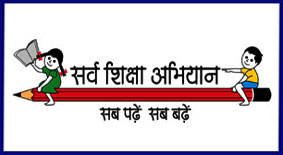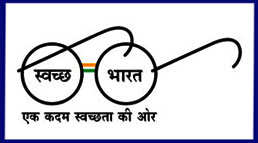Informational Sitemap
Home
Apply Skill Center
Apply Computer Training Registration

Black Listed Center

Get Pledge
Work Profile & Social Projects
Self Study Mode
ASP Scheme

Power of RUCSVS
RUSC-ESDP

Know Your ALT Center
Vocational Education

Skill for Underprivileged Youth
Youth Skilling

News/ Press Release
NEP 2020

Women Empowerment

ALT Faculties
Latest News/Notice
Youth Empowerment & Skill Development
देंगे हुनर हर हाथ में, भागीदारी निभाएंगे देश के विकास में।
India's youth are its untapped potential. About 66% of the total population is below the age of 35. About 40% of the Indian population is between the ages of 13 and 35. Youth make up a large part of the Indian workforce, yet 80% have no employable skills. Additionally, there is a severe gap between the demand and supply of skilled manpower in the country. Many youths are unable to avail any technical, vocational or professional skills training due to poverty, lack of awareness and lack of understanding of the job market.
According to estimates, the working population in India was estimated to be 400.7 million in January 2021. According to the pre-budget Economic Survey 2021 conducted by Business Standard magazine, the working age group is estimated to be 64% of the Indian population and the average age of Indians is 29 years, one of the youngest in the world. The India Skills Report 2021 found that less than half of India's graduates are employable. To unleash the potential of this large youth population and increase their employability, technology and specialized skill development are essential.
In India, nearly a quarter of people live below the poverty line. The need for economic reform is clear and urgent. The country's youth hold the key to it – unfortunately, only 2 in 5 economically active youth are either unemployed or working, yet living in poverty. The overall youth unemployment rate had risen to 34.7% in the April-June quarter of 2020, when the first wave of the pandemic took a heavy toll on growth and jobs. Even before the pandemic, unemployment in the 15-23 years age group was 25%, while it was 6% overall.
Youth living in disadvantaged communities do not get a chance to train themselves with the skills needed to pave the way to employment opportunities and better jobs. Such potential must not be wasted.












